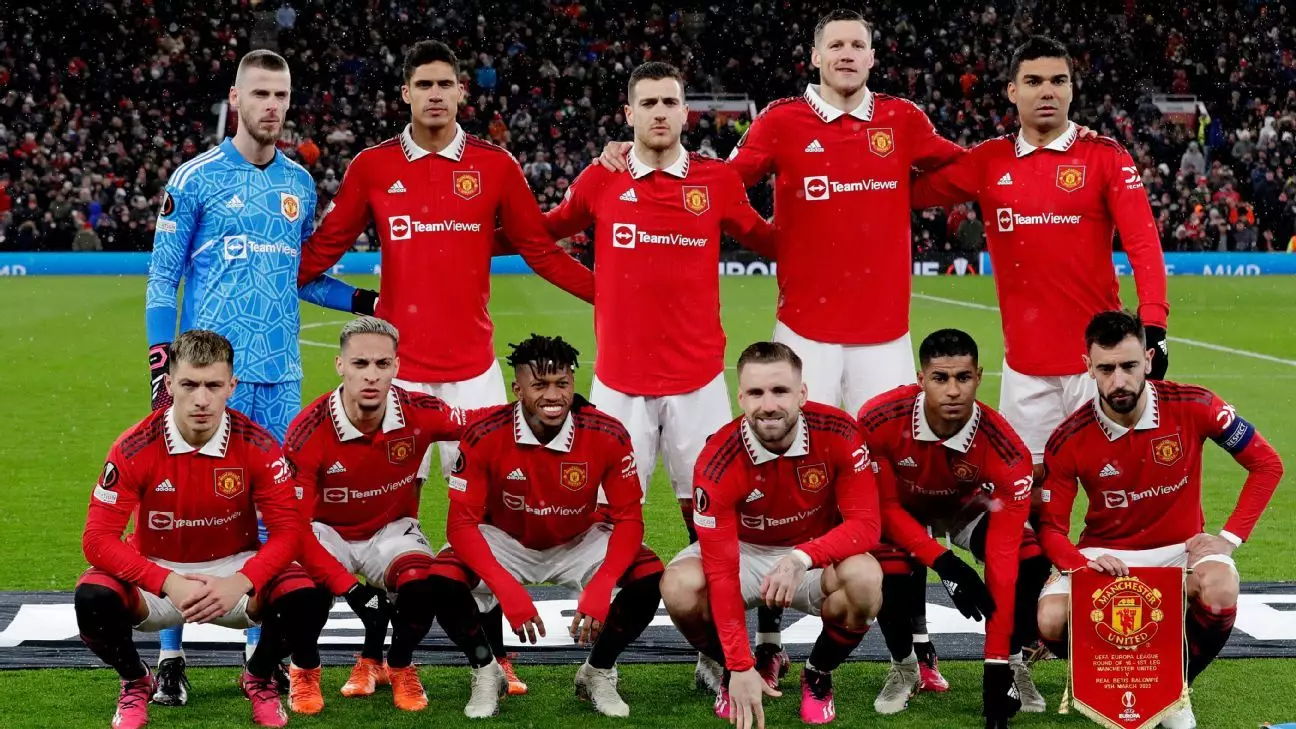In a recent UEFA report, it was revealed that the Manchester United squad in the last financial year was the most expensive ever recorded. Despite coming third in the Premier League and winning the Carabao Cup, United’s squad cost a total of €1.422 billion ($1.543bn). Some of the key players contributing to this massive figure included Antony (€95 million), Harry Maguire (€93m), Jadon Sancho (€85m), and Casemiro (€82m).
Historical Comparison
According to UEFA’s European Club Finance and Investment Landscape report, Manchester United FC’s squad in 2023 surpassed the record previously held by Real Madrid in 2020. The total combined transfer cost of €1,422m for United’s squad exceeded the €1,332m spent by Real Madrid. This staggering figure showcases the financial power of the club and its willingness to invest in top talent.
It is important to note that the UEFA report excluded financial data from clubs like Chelsea, Everton, and Leicester City for the year 2023. This omission meant that Chelsea’s significant spending of approximately €993m from the summer of 2022 to August 2023 was not factored into the overall calculations. Despite this exclusion, Chelsea’s 2022 squad still ranked as the third-highest in terms of total cost.
The UEFA report also highlighted a concerning trend in European football involving ownership groups with multiple teams. More than 300 clubs were found to be part of ownership structures that included multiple teams, a phenomenon largely driven by American investors. This trend, known as “multi-club ownership,” raises questions about the integrity of European games and the influence of financial interests over sporting outcomes.
The financial landscape of football is continuously evolving, with clubs like Manchester United setting new records for squad costs. While the investment in top players can lead to on-field success, the growing trend of ownership groups and financial influence raises important considerations for the future of the sport. As clubs navigate the delicate balance between financial sustainability and sporting competitiveness, the impact of these decisions on the integrity of the game remains a subject of debate and scrutiny.

Leave a Reply